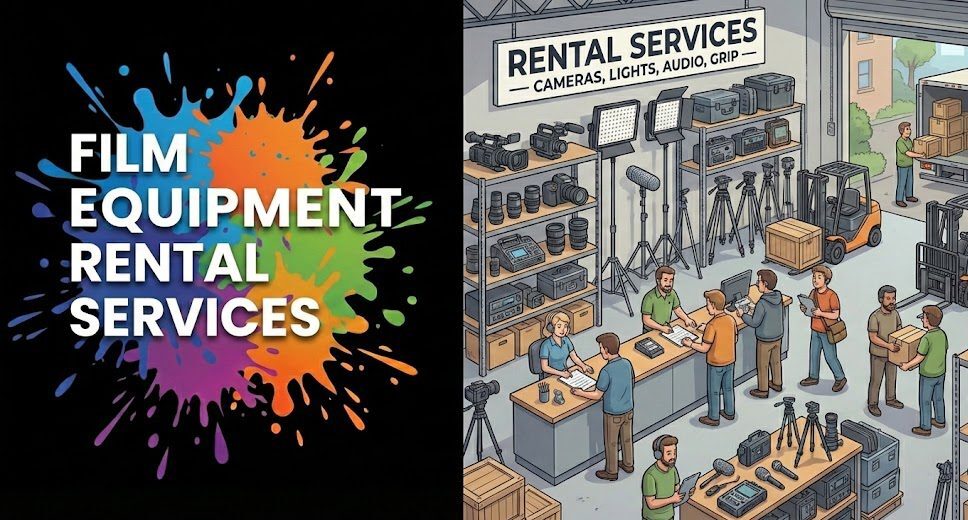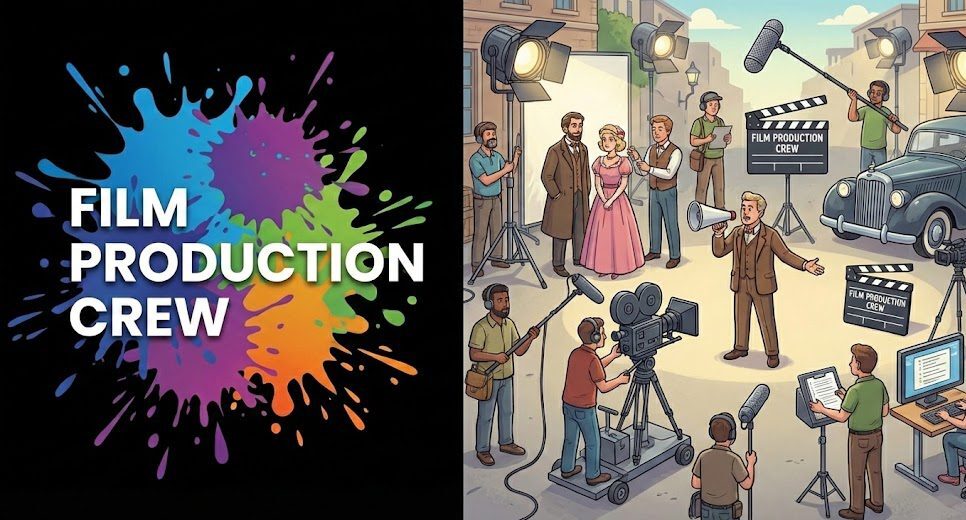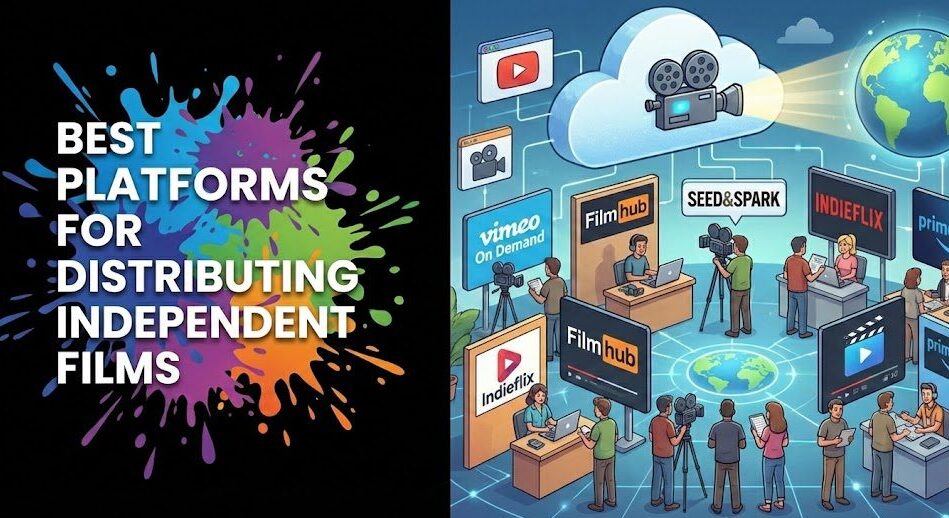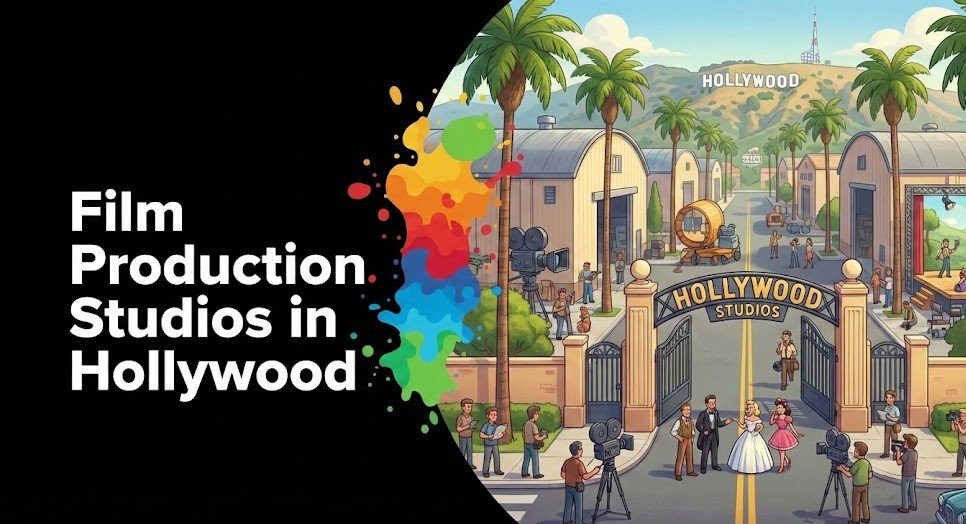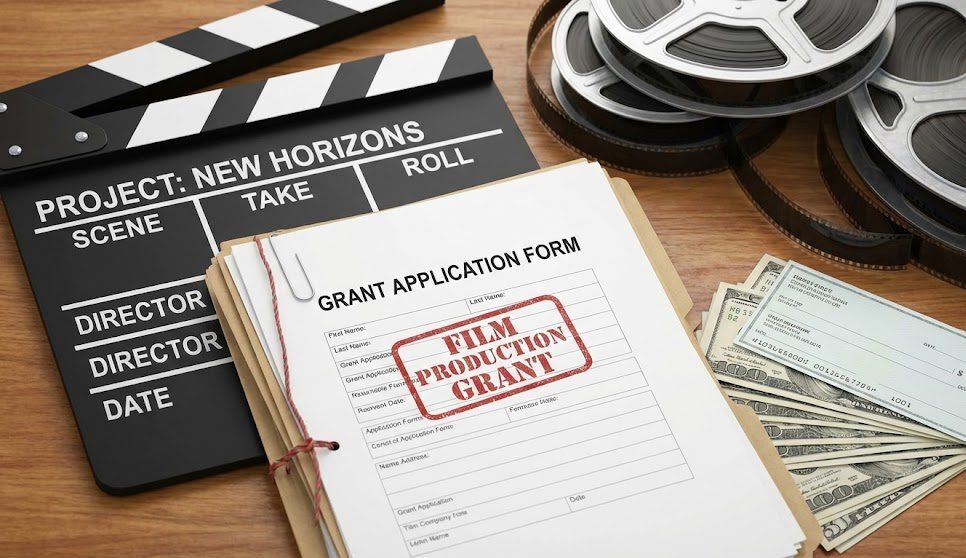Leveraging film markets and festivals for sales and distribution success is the strategic integration of physical networking with digital supply chain intelligence to identify, vet, and close international deals in an increasingly fragmented global market.
In an ecosystem comprising over 600,000 companies and 5 million professionals, traditional “handshake” discovery is no longer sufficient.
Success today requires moving beyond the “fragmentation paradox” by utilizing centralized platforms that track 1.6 million titles and map 30 million industry relationships.
This guide outlines a tactical roadmap for using vertical AI, global project trackers, and verified reputation scores to transform your festival run into a quantifiable distribution engine.
As the industry transitions from relationship-driven opaque networks to data-powered frameworks, filmmakers must adapt their market strategies to survive the “Big Crunch” of modern content finance.
Article Navigation
Strategic Market Insights
-
Data Over Handshakes: Centralizing supply chain data reduces the partner discovery cycle from weeks of physical meetings to seconds of digital querying.
-
Bypassing Opaque Networks: Using 140,000+ verified company profiles eliminates the “data deficit” that often leads to high-risk international distribution deals.
-
Active Pipeline Visibility: Tracking unreleased projects allows sales agents to identify active buyers 6-12 months before major markets like AFM or Cannes.
Overcoming the Fragmentation Paradox at Major Markets
The global media and entertainment industry is undergoing a structural metamorphosis. For decades, film markets were defined by elite personal networks and fragmented trade reports. Today, that relationship-driven ecosystem is transitioning into a centralized, data-powered framework to manage a scale of over 600,000 companies.
Executives now face a “fragmentation paradox” where production volumes have outpaced the visibility of the supply chain. This results in a critical “data deficit,” leaving strategic leads vulnerable to missed opportunities. Leveraging markets successfully now requires a “digital lighthouse” to navigate the opaque world of international distribution.
Identify top distributors for high-budget thriller projects in Europe:
The Power of Pre-Market Intelligence and Vertical AI
Successful distribution at festivals is won months before the red carpet. By utilizing specialized “Vertical AI” assistants like VIQI, producers can map 30 million industry relationships to identify which executives are moving and where funding is currently allocated. Unlike generic AI, this intelligence understands territorial windows and specific commissioning mandates.
This pre-market reconnaissance allows for “precision outreach.” Producers can identify high-value targets for co-production or pre-sales deals 12-18 months in advance. Tracking 1.6 million titles globally ensures that your pitch aligns with current buyer appetites and filling gaps in competitive distribution slates.
Find active unreleased projects currently seeking North American sales:
Industry Expert Perspective: Goldfinch’s Strategy for Financial Sustainability in Independent Filmmaking
Leveraging a film market successfully requires a disciplined business model that bridges the gap between creative ambition and financial viability. Kirsty Bell, CEO of Goldfinch, discusses how creative financing and diverse revenue streams are essential for global creative sustainability.
Bell explores how independent producers can survive the “Big Crunch” by leveraging creative economies in regions like the Middle East and Africa, and utilizing vertical business slates rather than one-off project gambles.
Applying “Weaponized Distribution” Tactics in Markets
The end of the “Streaming Wars” has birthed a era of “Weaponized Distribution.” Strategic acquisition leads no longer seek rigid exclusivity; they prioritize liquidity and reach. This is exemplified by major studio assets (e.g., Warner Bros content on Netflix) being sub-licensed to rival platforms to maximize asset ROI 18-24 months post-release.
At film markets, this means focusing on “frenemy” pacts and rotational licensing windows. Filmmakers should seek distributors who understand how to pivot from a theatrical run to a strategically windowed streaming presence across multiple competitive services. This co-opetition model ensures that content reaches maximum audience saturation in a borderless market.
Identify co-opetition licensing deals between streaming rivals:
Vetting Distributors with Global Reputation Scores
The greatest barrier to international sales success is the “data trust deficit.” Traditional due diligence involves unverified referrals and subjective anecdotes. Modern supply chain platforms bridge this gap by providing verified profiles for over 140,000 companies. This allows producers to qualify partners based on objective specialization and deal history.
Reputation Scores on platforms like Vitrina provide a data-backed look at a distributor’s reliability and historical performance in specific regions. By mapping 30 million industry relationships, you can see which partners follow through on their slates and which have a documented history of financial instability.
Access reputation scores for distributors in the UK market:
Moving Forward: The Future of Global Reach
Leveraging film markets and festivals in 2025 is no longer just about the quality of the premiere; it is about the visibility of the supply chain. By bridging the intelligence gaps identified in this guide—from the “fragmentation paradox” to the rise of weaponized distribution—leaders can navigate the global market with surgical precision.
Whether you are a Strategic Lead looking to secure first-mover advantage on unreleased projects, or a Producer trying to identify M&A targets through competitive slates, the principle is the same: Actionable intelligence is the only true competitive moat in a borderless market.
Outlook: Over the next 12-18 months, the authorized use of Vertical AI will formalize “Authorized Data” markets, creating new tiers of IP protection and licensing revenue for global players.
Frequently Asked Questions
What is the “fragmentation paradox” in film markets?
How many content titles does Vitrina AI track?
What is “Weaponized Distribution”?
What is Vertical AI in the entertainment context?
How does rotational licensing work?
What are Reputation Scores for industry partners?
How many companies are in the global supply chain?
What is the “Big Crunch” in film finance?
“The industry is moving from an anecdotal art to a data-driven science. Finding the right partner at a market today requires a digital lighthouse that can cut through the fog of fragmented networks.”
About the Author
Content Architect specializing in the global entertainment supply chain and data-driven market transformation. Leveraging industry intelligence to help producers and executives navigate the borderless landscape. Connect on Vitrina.

























